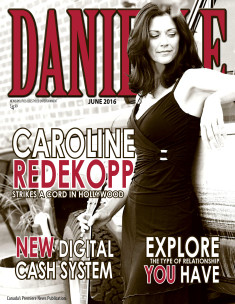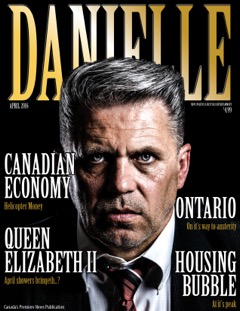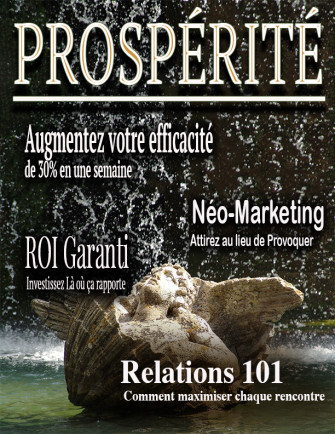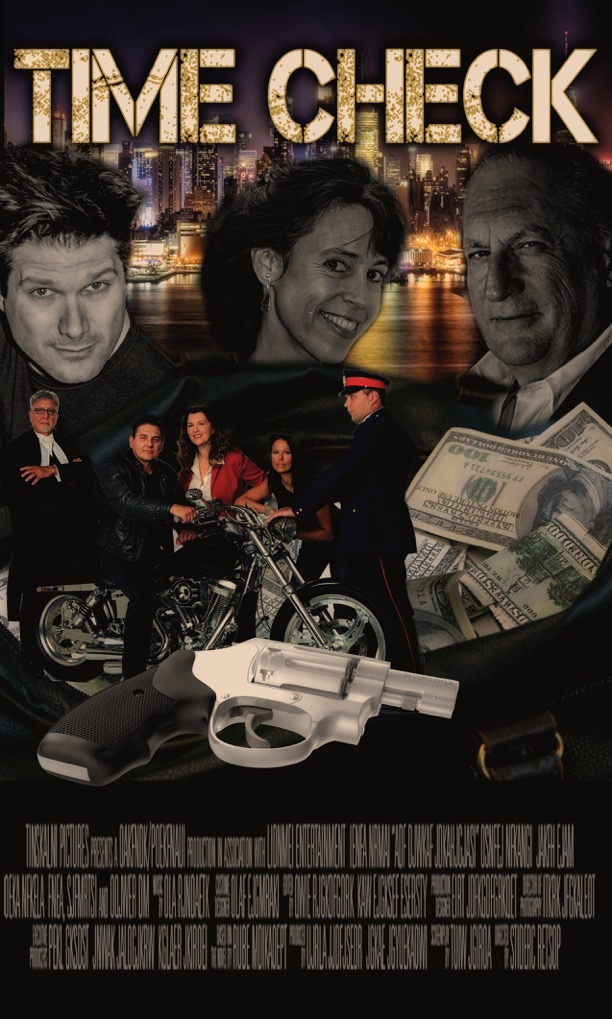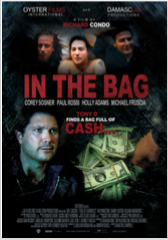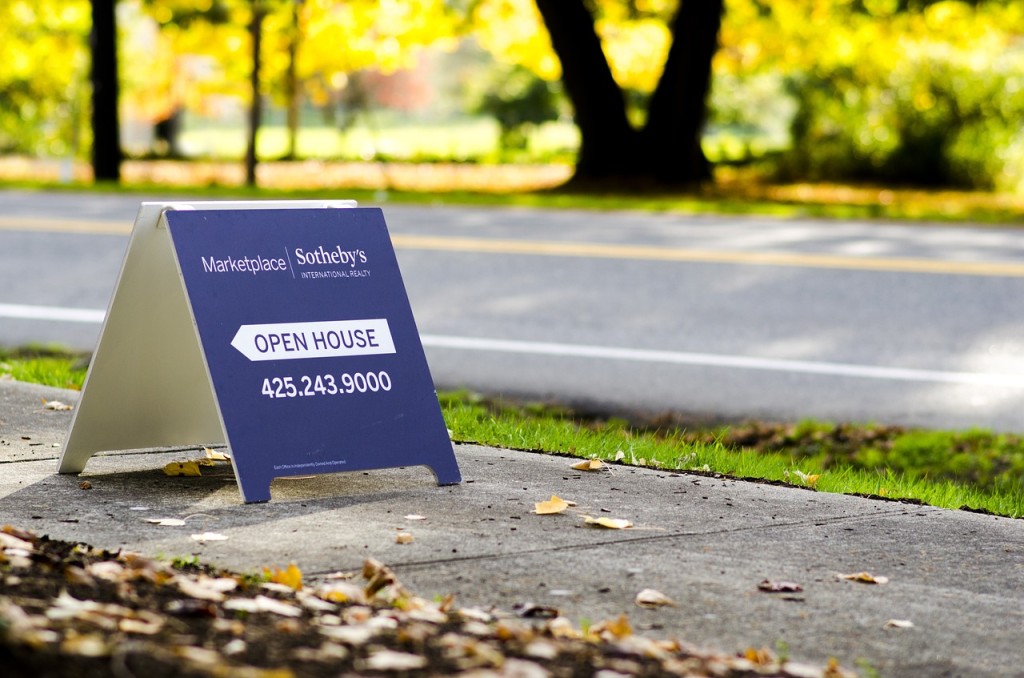Just a few months ago, real estate was on fire. Prices were blowing past records set during the previous decade’s housing bubble as desperate buyers bought whatever was available at above the asking price while homeowners, confident that prices would keep rising, held out for the next big pop to sell. Notice on the following chart how the ascent steepens at the beginning of this year.
Then, as if someone flipped a switch, the trend shifted into reverse. Not just in the US but nearly everywhere. This list of recent headlines tells the tale:
Housing demand sees biggest drop in more than 2 years
Hamptons property sales slow as caution spreads to the wealthy
Home Prices Are Falling in One of America’s Richest Suburbs
First Time Ever, More Chinese sellers than buyers
Vancouver Suffers Its Worst July for Home Sales Since 2000
Record Drop in Foreigners Buying U.S. Homes
Australian home prices take biggest dip since 2011
The End of the Global Housing Boom
Manhattan Real Estate: Prices Plummet, Sales Tank
What’s happening and why is it happening now?
Several things came together pretty much simultaneously to turn houses from must-have-at-any-price necessities into completely optional and maybe not even desirable: First, prices rose beyond the reach of all but the seriously affluent. The gap between the price of the average home and the size of the mortgage the average local buyer can afford has been rising for years, but recently in the hottest markets it has become a chasm. Meanwhile, mortgage rates have started to rise, increasing the monthly payment on a given house dramatically.
If you live in San Francisco or Sydney or Vancouver, chances are you can’t afford to buy a decent house – not even close. And if you can’t you don’t.
Second, the eruption of trade wars between the US, China and Europe has made foreign houses less straightforward for Chinese and Russian millionaires. As a result, fewer of them are making all-cash, price-is-no-object offers on overseas trophy properties.
The reverse wealth effect should terrify holders of stocks and bonds
For the past several decades it’s been the explicit policy of governments and central banks to use low interest rates and more recently direct purchases of stocks and bonds to push up the price of financial assets. The goal was to make holders of those assets feel rich and smart and therefore more inclined to borrow and spend on frivolous stuff that would boost GDP. This is called the wealth effect and it’s been firing on all cylinders in the age of QE and ZIRP. But all that borrowing – by individuals to buy houses (and SUVs and 70-inch flat-screens), corporations to buy back their stock – and buy out each other – at record high prices, and governments to build unnecessary roads and bridges and invade each other – has left a lot of debt lying around that has to be paid off with future cash flow.
Let a huge sector like housing turn down and the wealth effect will shift into reverse, as every homeowner in the world watches their biggest asset shed the leveraged profits that had made them feel rich and smart. Now they feel poor and dumb, and suddenly risk-sensitive. So they pull up their stock portfolios and find a bunch of price charts with a disturbing resemblance to that of their house. Armed with the sudden revelation that trends can reverse, they decide to lock in some of their Apple and Google profits. Millions of others make the same decision, and high-flying tech stocks start behaving like wounded ducks.
And just like that the markets’ emotional tone shifts from carefree buy-the-dip to terrified sell-the-rip. Capital gains tax revenues dry up, government deficits soar, and the river of cash flow that was earmarked for servicing a mountain of debt slows to a trickle. And it’s hello, 2008.
Dollar Collaspe.com



